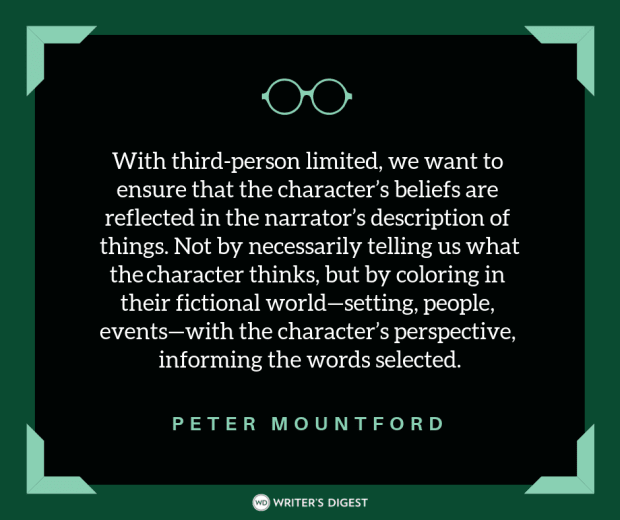Be Strategic in What You Consume to Boost Productivity
Today’s guest post is from Todd Henry, founder and CEO of Accidental Creative, a consulting firm that helps organizations like P&G, Mattel, and State Farm generate creative ideas. He has…
Today's guest post is from Todd Henry, founder and CEO of Accidental Creative, a consulting firm that helps organizations like P&G, Mattel, and State Farm generate creative ideas. He has one of the top business podcasts, The Accidental Creative. This post is an excerpt from his recently released book,The Accidental Creative: How to Be Brilliant at a Moment's Notice.
With the ever-increasing deluge of information we all face, the task for each of us is to discern which inputs are relevant to our work and which are simply noise.
But it's not just the sheer amount of information that's the problem; if it were that simple, we could just shut it off. The real challenge is that some of this onslaught of information is necessary for us to perform our jobs. We must somehow engage with the information that enters our daily lives, process it, and turn it into something meaningful.
While our minds are unparalleled in their capacity to experience and assimilate information, they also have a limited bandwidth for doing so. As a matter of survival, they tend to weed out information that is deemed irrelevant to our immediate needs.
However, our minds are also capable of taking random bits of input and forging brilliant connections that are not apparent on the surface. This is essentially how the creative process works—it's the connection of multiple preexisting patterns into new solutions.
One pathway to creating more effectively and consistently is to be strategic about our inputs.
I call the information and experiences we absorb "stimuli." Here are 3 characteristics of a high-quality diet of stimuli.
1. It's challenging.
We want stimuli that will help us grow in our capacity to comprehend complex things. Pop culture is helpful for keeping up with trends, but we also need to commune with great minds and experience mind-stretching concepts and ideas that challenge our existing view of the world. This helps us break through mental ruts and consider new options that were previously obscured by our assumptions.
2. It's relevant.
This doesn't mean that we should be looking only for stimuli that offer specific solutions to the creative problems we are facing, but it does mean that when we are working on highly intense projects, we should somewhat limit our stimuli to materials that will help our minds focus more effectively on those problems. A good rule of thumb is that every single day should include some kind of stimuli that is directed at your personal growth, and some kind of stimuli that you've sought out for purposes of advancing your work.
3. It's diverse.
While carrots are healthy for me, if I eat nothing but carrots for a few months I will probably find my body in serious disrepair. Similarly, we must diversify our diet of stimuli by exploring divergent topics of interest, varying forms of media, and by ingesting the opinions of others we may be inclined to disagree with. This will expand our capacity to process information, help us form new and interesting thought patterns, and stimulate different parts of our brain than would be triggered if we continue in the same stimulus rut.
Another thing to consider is that often our next great breakthrough is more likely to come from outside our industry or area of expertise than from within it. When we diversify our base of stimuli, it forces us to approach problems from a new perspective.
--
If you're looking for a guide to stay inspired and experience greater creative productivity, check outThe Accidental Creative.Or visit the author's website to find out more.
Jane Friedman is a full-time entrepreneur (since 2014) and has 20 years of experience in the publishing industry. She is the co-founder of The Hot Sheet, the essential publishing industry newsletter for authors, and is the former publisher of Writer’s Digest. In addition to being a columnist with Publishers Weekly and a professor with The Great Courses, Jane maintains an award-winning blog for writers at JaneFriedman.com. Jane’s newest book is The Business of Being a Writer (University of Chicago Press, 2018).









